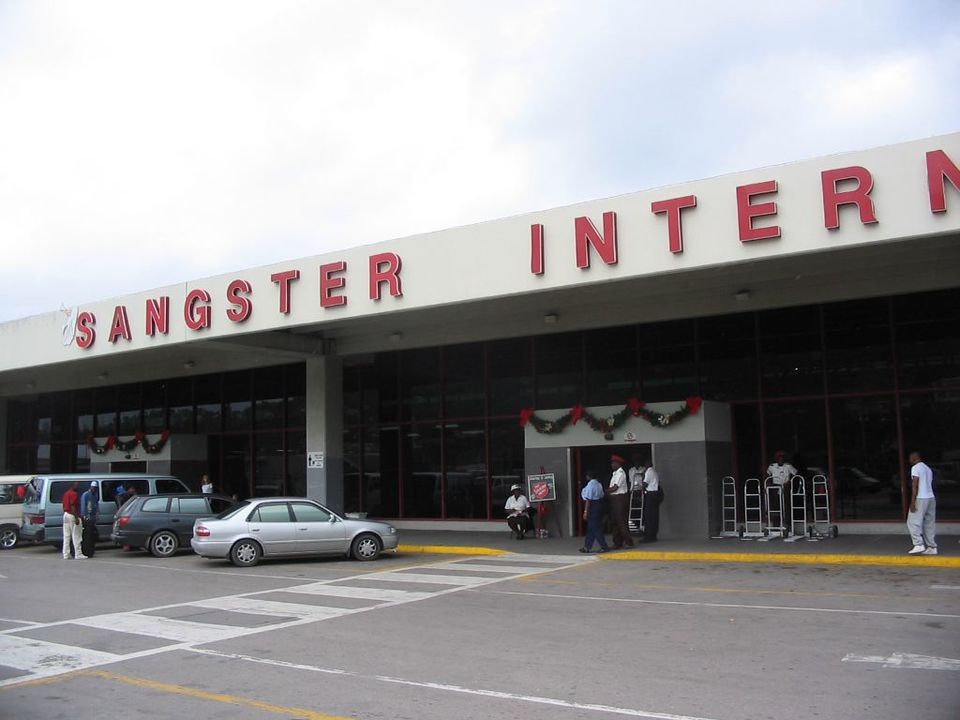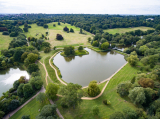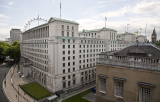
The UK government has chartered emergency flights to help British nationals leave Jamaica after the island was devastated by Hurricane Melissa — one of the most powerful storms to ever
hit the Caribbean.
Officials estimate there are around 8,000 Britons currently in Jamaica. The Foreign Office is urging them to register online to receive updates on evacuation efforts and the wider disaster response.
While it’s not yet clear how many planes have been arranged, the government confirmed that British citizens and their immediate family members with valid travel documents will be eligible to board the flights.
Hurricane Melissa, a rare Category 5 storm, made landfall on Jamaica on Tuesday with winds of up to 295 km/h (185 mph) — stronger than those recorded during Hurricane Katrina in 2005. The storm tore through homes, flooded entire neighbourhoods, and left widespread destruction in its wake.
At least five people are confirmed dead in Jamaica, while another 20 fatalities have been reported in Haiti.
Foreign Secretary Yvette Cooper said the chartered flights are intended to “bolster commercial capacity and ensure people who wish to return to the UK can do so as soon as possible.”
“The strong links between the UK and Jamaica mean many British nationals were there during the devastation of the hurricane,” she said. “We need to make sure they can get home safely — we know how frightening and difficult these past few days have been.”
The UK has also pledged £2.5 million in humanitarian aid, with supplies such as shelter kits, water filters, and blankets being shipped in from Antigua. Technical experts are already on the ground helping coordinate the response.
The Foreign Office has advised Britons to check with their airlines first, as some commercial flights may resume shortly. It also confirmed that members of the Windrush generation with indefinite leave to remain in the UK will be eligible for the government-organized flights.
Jamaica’s Transport Minister Daryl Vaz said that Norman Manley International Airport in Kingston will initially reopen for relief flights only, with limited commercial services expected to resume on Thursday. Sangster International Airport in Montego Bay, one of the worst-hit areas, will also reopen for humanitarian operations on Thursday.
Stranded Britons describe “terrifying” ordeal
Among those caught up in the disaster is Lyndsey Hookway from Devon, who has been sleeping in the lobby of her damaged hotel in Montego Bay since the storm hit.
“The hotel is completely trashed — no running water, no air conditioning,” she told the BBC. “The staff have been incredible, but we just don’t know what’s going to happen next.”
Hookway said she has tried contacting the British consulate but hasn’t been able to get through.
Massive damage, uncertain recovery
Images emerging from Jamaica show flattened homes, flooded streets, and towns buried in debris. Around three-quarters of the island lost power during the storm, and communications remain limited in many areas.
Prime Minister Andrew Holness declared the entire island a “disaster area”, warning of “significant damage” to hospitals, homes, and key infrastructure.
Although Hurricane Melissa has now moved out into the Atlantic, forecasters warn that heavy rain and thunderstorms could continue in parts of Jamaica, with up to 76 cm (30 inches) of rain possible in mountainous regions — raising the risk of flash floods and landslides.
The US National Hurricane Center expects the remnants of the storm to reach the UK early next week, likely bringing wind and rain but not on a destructive scale. Photo by Uncle Leo, Wikimedia commons.








































